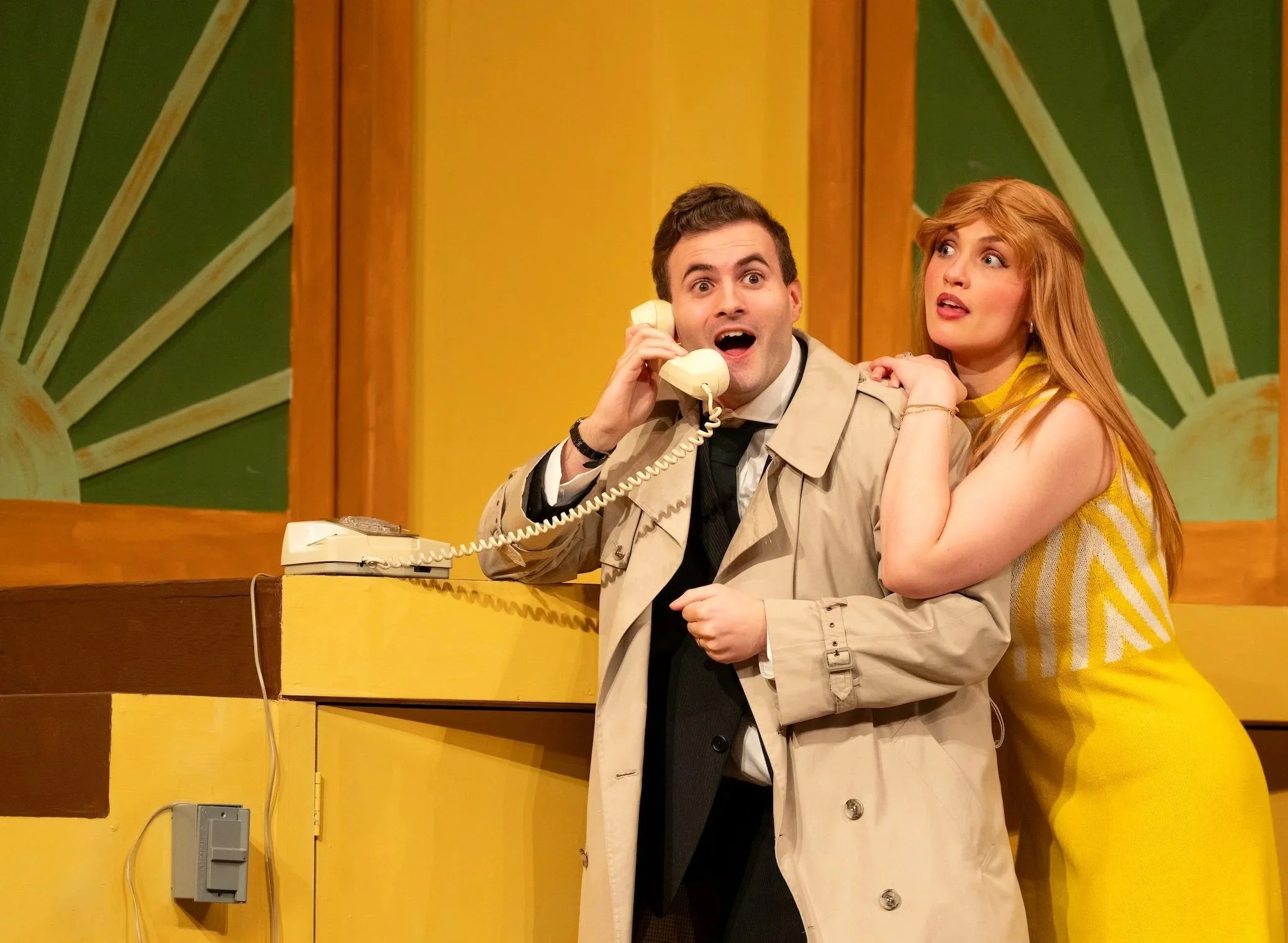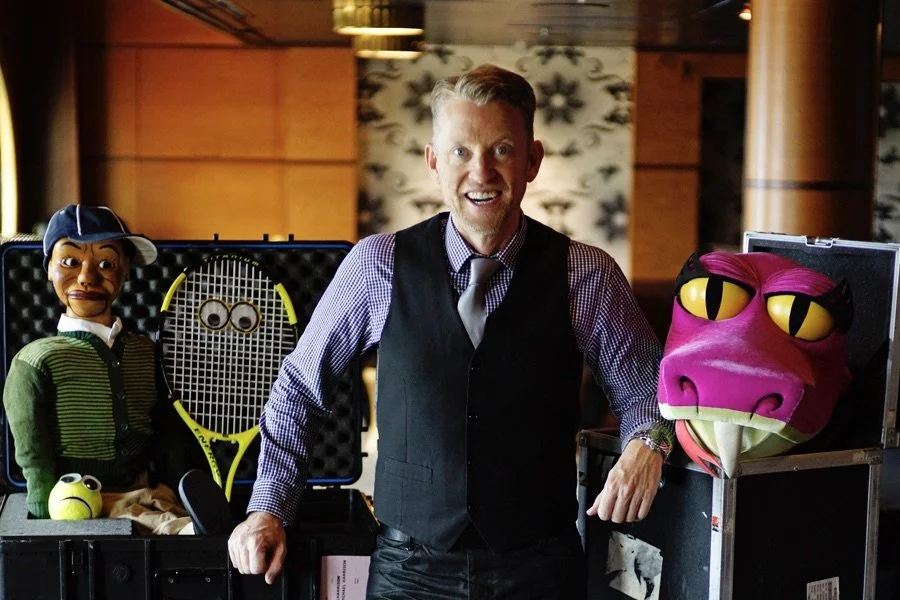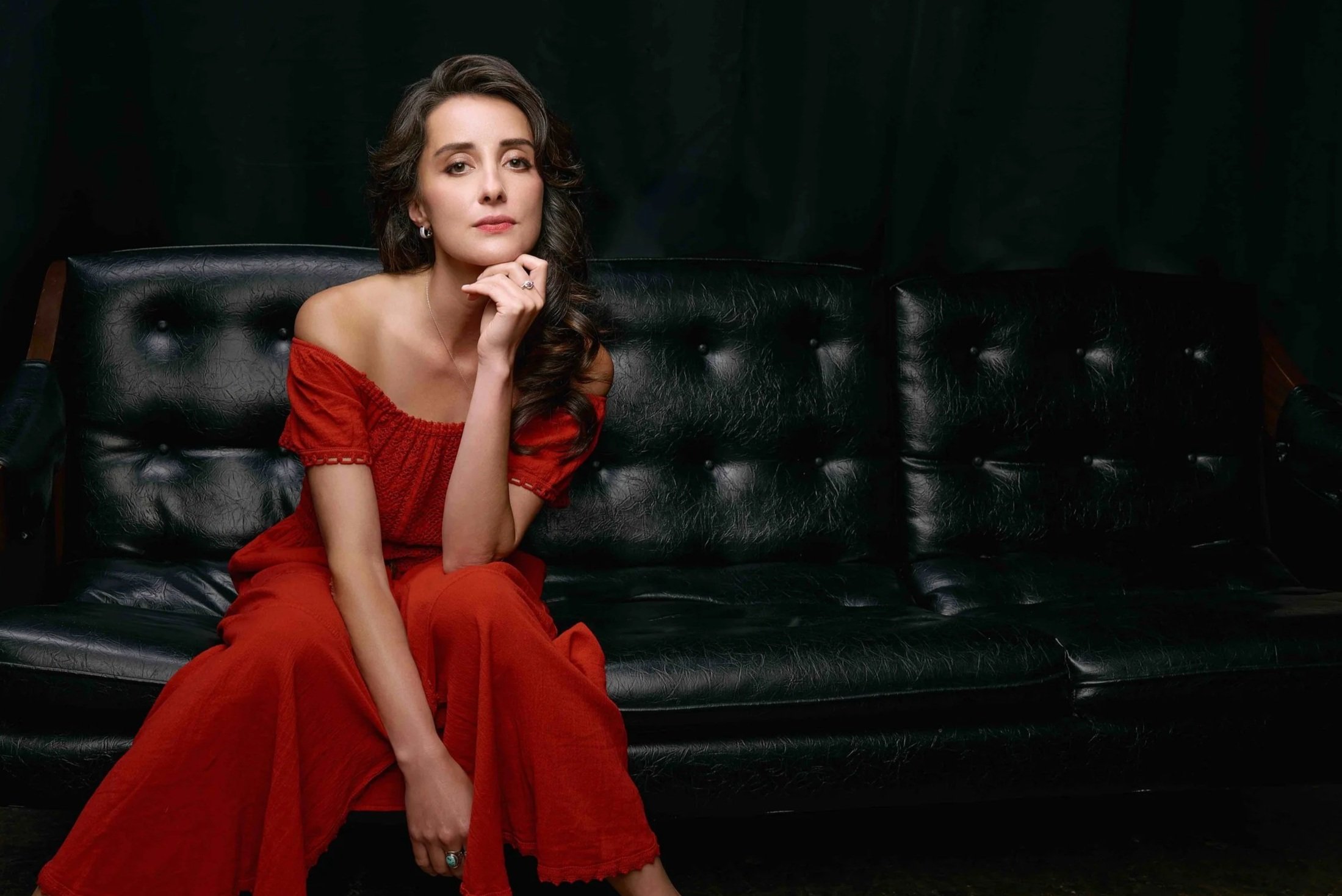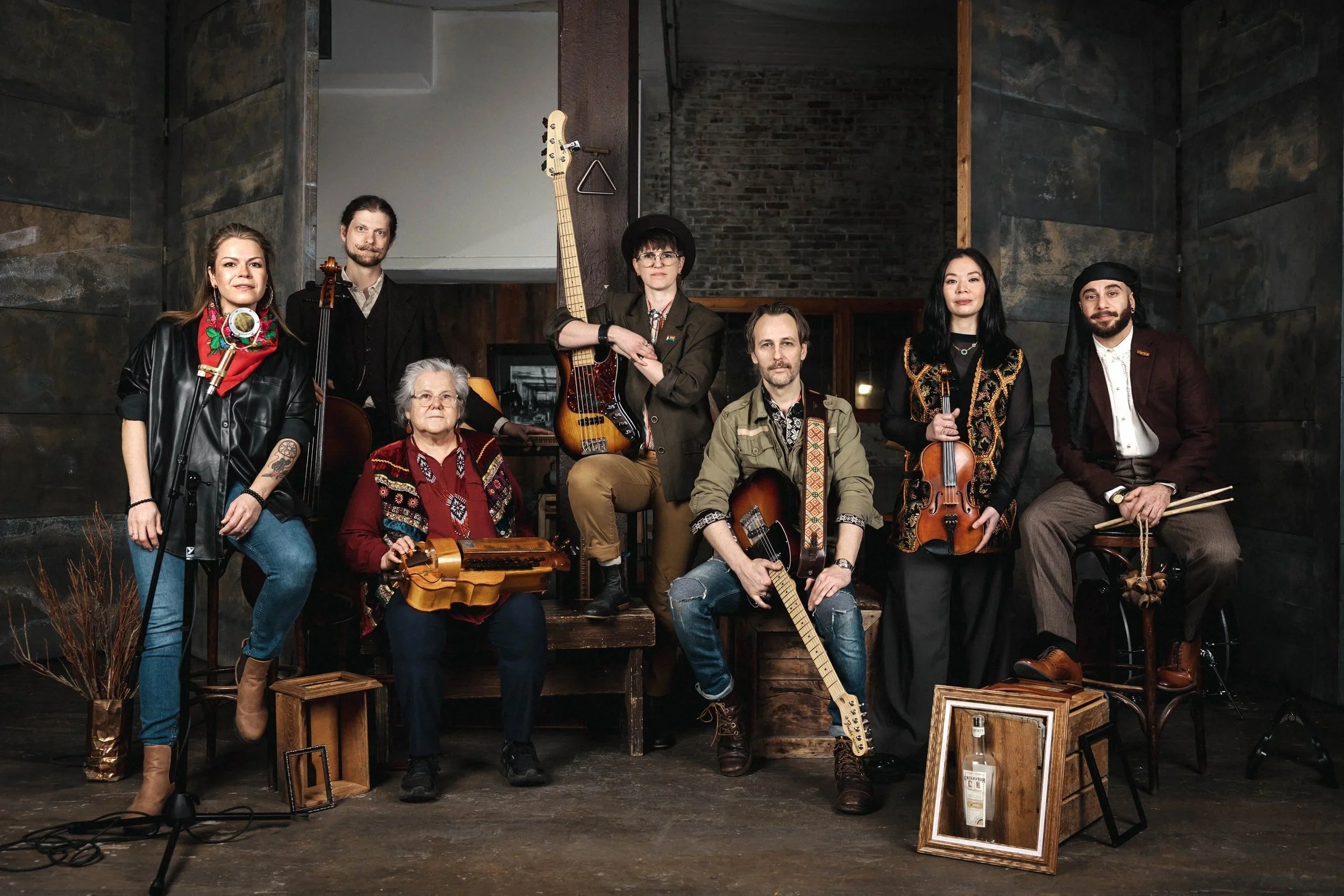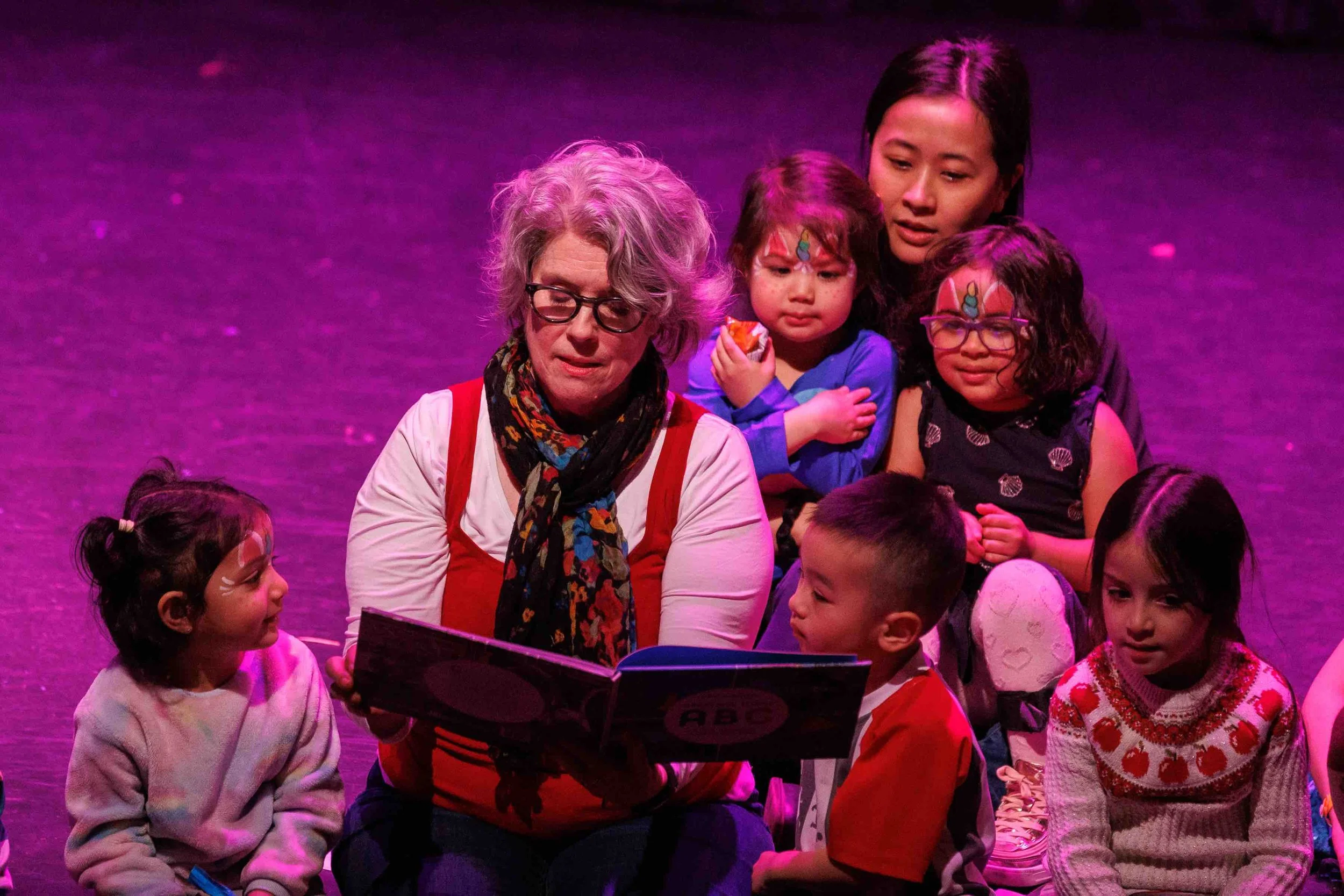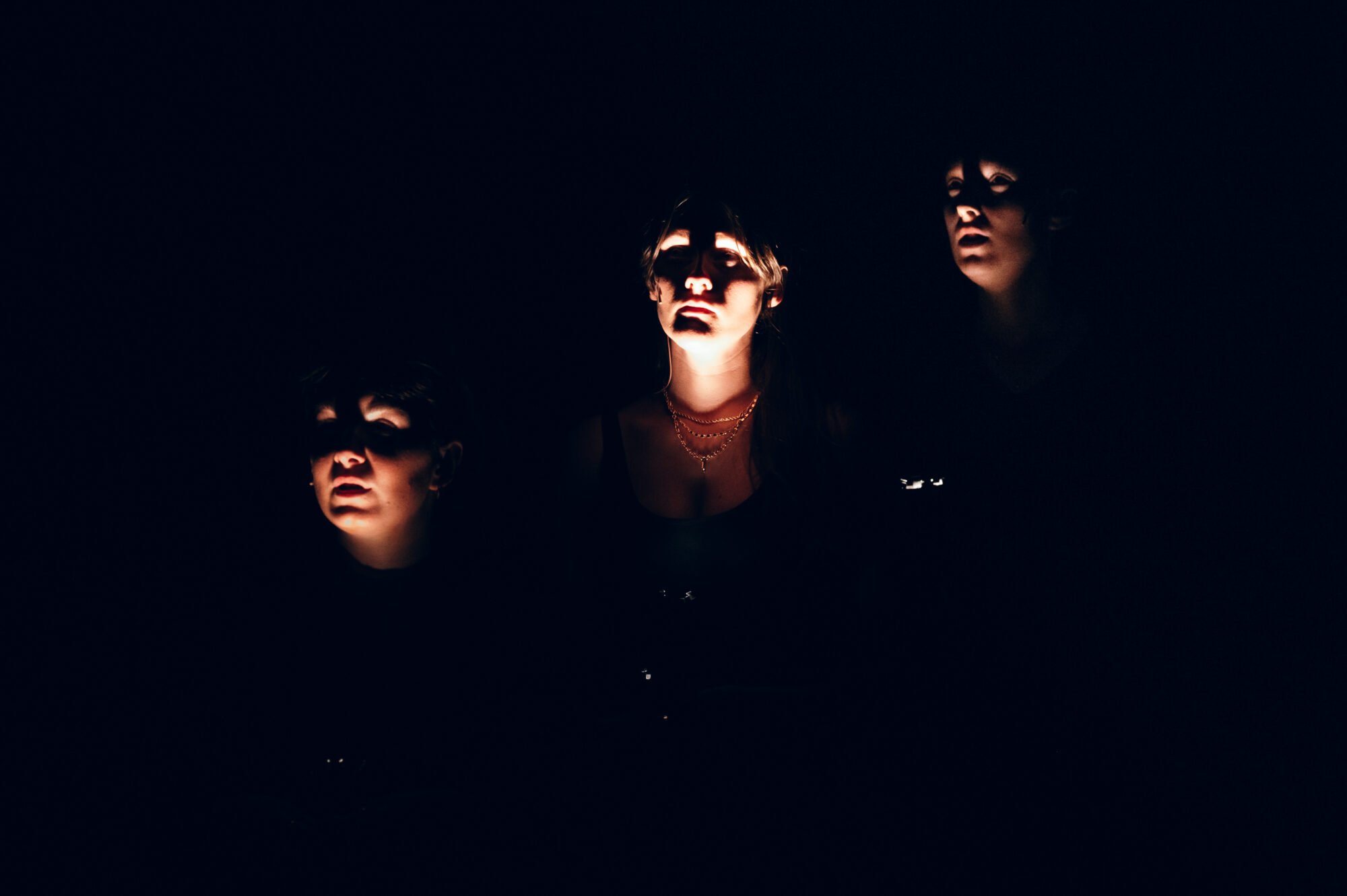Margo Kane comes full circle in a career building opportunities for Indigenous artists
The Cree-Saulteaux cultural leader, who launched Full Circle’s Talking Stick Festival 20 years ago, has never been busier
Full Circle: First Nations Performance founder Margo Kane will receive an honourary degree from Simon Fraser University this fall.
FOR A PERFORMING artist who has received all kinds of accolades and awards during a career that goes back more than four decades, Margo Kane is reaching even more milestones this year. The Cree-Saulteaux actor, artistic director, and writer is founder of Full Circle: First Nations Performance and its signature annual event, Talking Stick Festival. For 2021, she has already garnered, or will soon be receiving, some of the world’s highest honours for her work.
While Kane appreciates the recognition, she remains focused on the task at hand: to create opportunities for other Indigenous artists to showcase their work and culture. It’s this vision that has driven her since day one, and in some ways her work is just beginning.
First things first: here’s a snapshot of what this year has brought or has in store for the cultural leader. The International Society for the Performing Arts named Kane as a 2021 International Citation of Merit Recipient, presented for unique lifetime achievement in enriching performance art around the world.
Kane has been nominated for a YWCA Women of Distinction Award in the Reconciliation in Action Category for having created “countless and diverse opportunities for Indigenous artists and community to gather, activate and galvanize around their artistic sovereignty and self-determination.” (Winners will be announced June 7.)
This fall, Simon Fraser University will confer an honourary degree to Kane. She’ll join a dozen other individuals, from activists to educators, who are making a difference in the world.
Talking Stick Festival celebrates its 20th anniversary this year, with a month-long event happening in June. And Moonlodge, Kane’s acclaimed one-woman piece from 1990, is currently being streamed as part of Soulpepper Theatre’s Around The World In 80 Plays, a new audio-drama series, until June 30.
“It’s kind of an embarrassment of riches,” Kane says of all the current attention. “I’m an actor so of course I want to be noticed, I want to be on the stage, but I don’t do that very often. So all of a sudden the spotlight is on me, but there’s lots of other people doing great work, too. I guess it’s an age thing. People realize you’ve been doing work a long time. I’m 70 years old this summer. This is way too much action at this age; I want to just focus on a few things! All the activity that I was waiting for when I was 30 and 40 never happened, so here I am at this age; it’s crazy!
“The community at large is trying to be conscious, maybe, that Indigenous and marginalized people who are working in the community haven’t got their due, and they’re making up for lost time,” she adds in an interview with Stir. “I understand that, but I feel really great because to get some of these awards means that my work is recognized. A lot of the work I’ve done has never been recognized. There are many people who are also contributing to the development of Indigenous self-determination and education in other areas, so I think it’s important that Indigenous arts get some recognition.”
Talking Stick Festival is one way Indigenous artists gain exposure, with the 20th-anniversary edition unfolding over a series of events throughout the seasons. The fest’s Winter Lodge took place in February, while April was Spring Awakening; Summer Sojourn will happen online from June 1 to July 1. (Stay tuned for forthcoming coverage in Stir; an autumn fest is slated for September).
Margo Kane’s Moonlodge is now being featured on Soulpepper Theatre’s Around the World in 80 Plays, a series of eight audio dramas from around the world.
Just as crucial as performing, however, is time and space for Indigenous artists to train, learn, and grow. These are elements that are lacking in the community, Kane says. She points to Moonlodge as a great example of how a piece can develop over time.
Considered an Indigenous Canadian classic and a catalyst in Indigenous theatre, it tells the story of a girl who was removed from her family by child welfare government services and grew up in foster homes. She hitchhikes across America, eventually finding her voice. When Kane initially presented the solo, which she made in honour of mothers, sisters, and grandmothers, at Women in View Festival, it was a work in progress. Moonlodge premiered in 1990 and went on to tour for 10 years throughout Canada, the United States, Europe, and Australia to critical acclaim. (Native Earth produced Moonlodge’s first professional showing and suggested it be part of Soulpepper’s Around the World in 80 Plays, which also features audio dramas from Russia, India, Argentina, Jamaica, Iran, Nigeria, and Italy.)
“Because it was a solo, it was a way for people to recognize that the stories we carry can be shared in a simple way,” Kane says. “It was fabulous to be able to have a solo piece to take with me through many, many years of travelling and touring, to develop my craft and improve my craft and tweak the text. It was a very good piece for me personally as an artist. It meant I could take the work many places; I was able to take it onto the rez, into the communities, onto festival stages…
“There needs to be development time for work,” she says. “There’s always a need for Indigenous dramaturges and directors and designers and production teams. People need an opportunity to try it, to put on a theatre work. We need more of that.”
Kane’s expertise extends far beyond the stage. Having grown up in Edmonton, where she discovered theatre in high school, Kane was artistic director for the Canada 150+ summer festival, the Drum is Calling. The member of the Order of Canada has received a City of Vancouver Mayor’s Arts Award in Theatre; a Career Achievement Jessie Award; and an Honorary Doctorate of Letters from the University of the Fraser Valley.
She’s lending her insight to PuSh International Performing Arts Festival as a member of its transitional programming team. The group will help guide PuSh toward what it calls “decolonized ways of working”.
As she continues to work on this year’s Talking Stick Festival, Kane is hoping to host more international Indigenous performers and foster more collaborations across different genres in the future. She’s also thinking about Full Circle’s very future and what a succession plan would look like. Full Circle is non-profit society and registered charity, with proceeds going toward community outreach and making local theatre accessible to underserved communities while deepening people’s understanding of First Nations, Métis, and Inuit culture. Overseeing it all involves a lot of administrative tasks, as unglamorous as they may be.
“Right now, we’re trying to revision what Full Circle is and what Talking Stick is and can be for the future,” says Kane. “It has to be a future where I’m not having to keep all the balls in the air. I can’t do it anymore. I have a lot of jobs….We still don’t have enough support in terms of human resources. Everybody wants to be an artist but nobody wants to do arts administration. Well, guess what? That’s how you earn your way and gain some clout. So we’ve got to inspire our young producers and administrators and production teams.”
Ultimately, Kane is working toward having more time to devote to the creative process—to come full circle herself—as she continues to push open doors for others.
“I want to get back in the rehearsal room,” she says. “I have a piece that’s been sitting on the back burner for a few years: I just can’t get to it. I’m interested in creation and creating work. I want to create something so we can have the conversation about Indigenous ways of working. What is Indigenous performance or theatre? What are the ways we tell our stories theatrically that may be different than writing a play in the formulaic way?
“I’m interested in those conversations but I need to create the work so we can begin to have that conversation more in-depth,” she says. “Talking Stick, Full Circle, everything has always been about gathering the community of Indigenous artists together, to create work together, and to promote the work of the community.”







